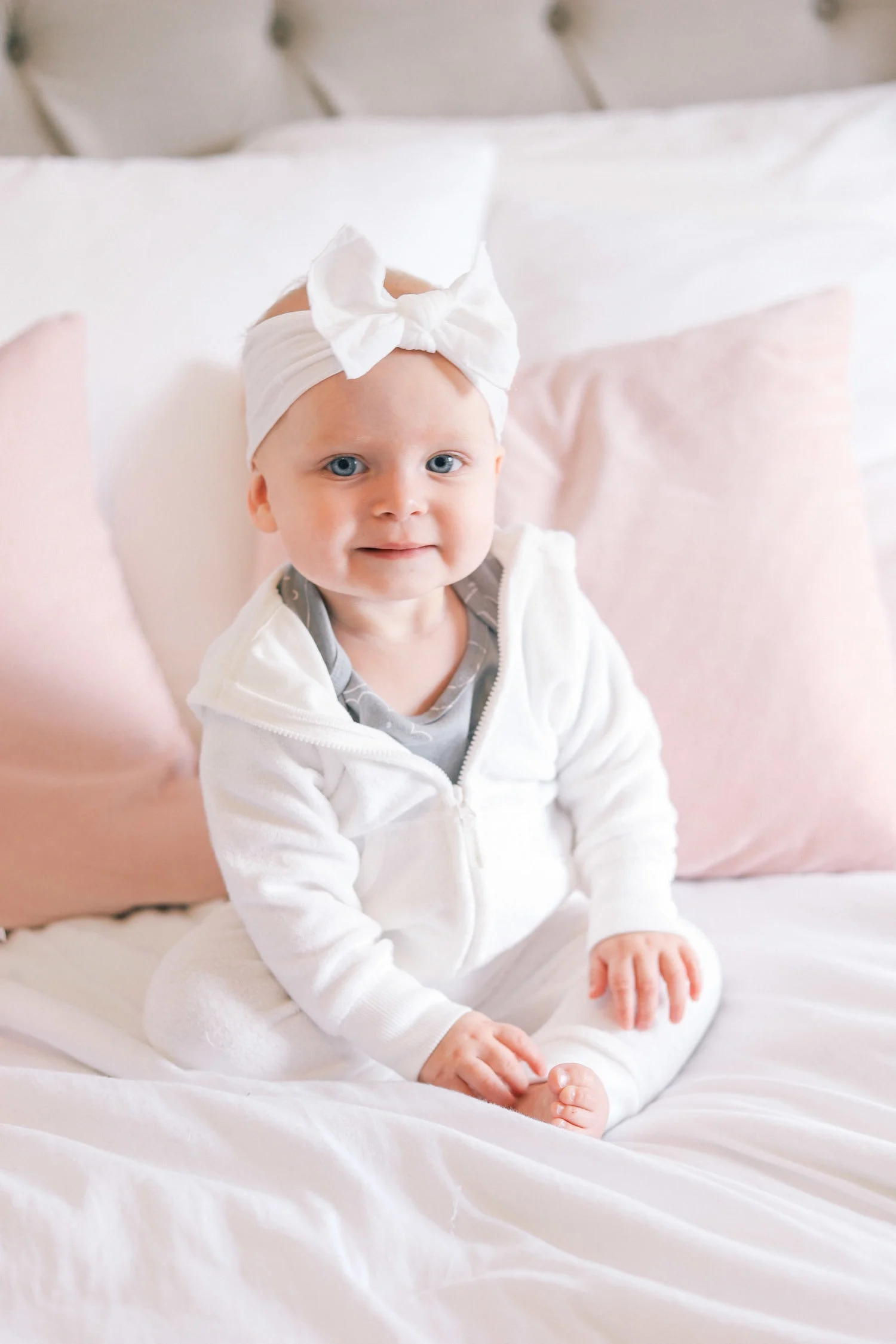Years ago, shortly after learning that my first IVF attempt had ended in failure, I made a spontaneous decision to get a tattoo. It wasn’t my first, nor would it be my last, but it was undoubtedly the most impulsive one I had ever gotten. In a moment of anguish, with tears streaming down my cheeks, I entered a tattoo studio and asked for the phrase “Everything happens for a reason…” to be inked across my right foot. I wanted it to serve as a constant reminder during the difficult times ahead.
Reflecting on that tattoo now, I realize that if I had the chance to redo any of my ink, it would be that one. At the time, I desperately needed something to distract me from the pain of heartbreak. Yet, I’ve come to see things differently—I no longer subscribe to the belief that every tragedy serves a purpose. Some experiences are simply too painful to fit into any larger narrative.
Instead, I’ve adjusted my outlook: I firmly believe that good can emerge from adversity. My daughter embodies that belief. The years I spent grappling with infertility and the emotional turmoil it brought led me to adopt as a single woman at just 29. Infertility nearly shattered me, but it also gifted me with my most profound joy—a little girl for whom I would endure anything.
The Sisterhood of Infertility
Moreover, my battle with infertility introduced me to a sisterhood I never knew existed. It’s a community of strong, resilient women from whom I continue to draw inspiration. When I was first diagnosed with Stage IV endometriosis and faced the daunting reality of my fertility challenges, I felt isolated. My peers were starting families, while I was grappling with the possibility of never having children.
This crushing reality felt all the more isolating because I lacked anyone to confide in. My friends couldn’t relate, and even the most sympathetic among them often struggled to find the right words. It wasn’t their fault; they were nurturing their families while I was confronting the stark possibility of a childless future. Understanding that didn’t diminish my sense of loneliness.
On a friend’s suggestion, I decided to start a blog called “Single Infertile Female.” This became a space for me to articulate my thoughts and emotions that I felt unable to share verbally. Initially, it was just a way to process my feelings, but soon, I found others engaging with my words. They reached out, expressing that they understood my struggle.
I had never considered forging friendships online; I had my real-life connections. But, unexpectedly, I found myself forming bonds with women who were navigating similar challenges. I stumbled upon a vibrant network of women sharing their experiences with infertility through blogs and forums, offering each other emotional support and information. As I connected with their stories, I discovered that I was not the only woman in her twenties grappling with the prospect of never carrying a child.
This newfound sisterhood emerged at a critical time in my life. I had been convinced I was drowning, yet I found solace in a community of women I had never met in person. One of these women discovered my blog and reached out because we lived in the same city. We met just days before she was to start her own IVF journey, only months after my second attempt had failed. Our shared experiences forged a deep connection that no one else could understand. Today, she is among my closest friends; we spend summers at her cabin, celebrate holidays together, and she is named in my will as a guardian for my daughter, should anything happen to me.
Additionally, I developed a close friendship with another woman whose husband encouraged her to reach out to me after hearing me discuss my own history. Their family was just beginning fertility treatments. Now, she is part of a tight-knit community I consider my family. Her son, conceived through IVF, and my daughter share a beautiful friendship.
Reaching Out and Finding Community
Surprisingly, many people from my past have reached out for support as they face their own fertility challenges. It could be a message from a high school acquaintance, a call from an old colleague, or a lunch invitation from a mutual friend; people learn about my journey because I chose to be open about it. The more we discuss infertility, the more we realize we are not alone; the sisterhood extends further than we might imagine.
While I lost much during my struggles—dignity, self-worth, and the carefree years I had envisioned—I gained far more: my daughter and a supportive sisterhood. I may no longer believe that everything happens for a reason, but I am convinced that good can arise from hardship. The sisterhood formed in the face of infertility testifies to that belief.
Resources for Further Support
For more insight into home insemination, visit this resource or learn about options at Make A Mom. For further information on fertility, Science Daily is an excellent resource.
Conclusion
In summary, my journey through infertility has not only led me to my daughter but also connected me to a profound sisterhood. This community has provided invaluable support, proving that even during the darkest times, we can find strength in one another.
